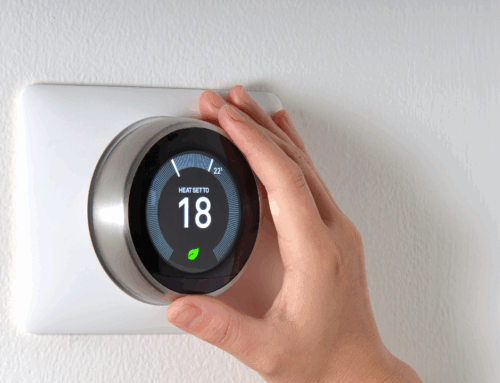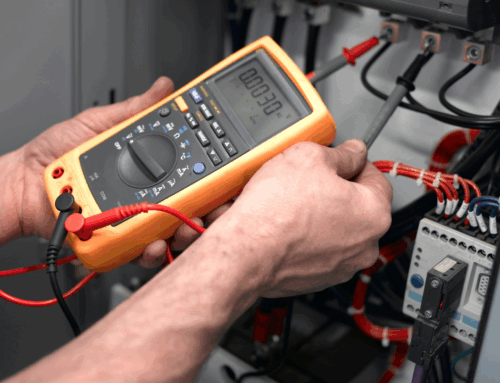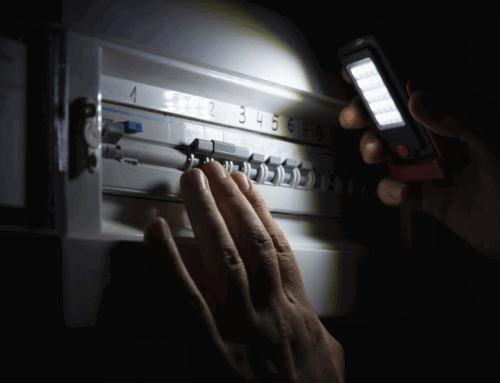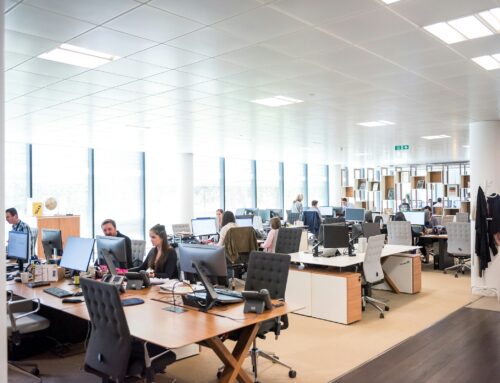Electrical systems are an essential component of any commercial property, powering everything from lighting and HVAC systems to heavy machinery and computers. However, improper maintenance or neglecting safety practices can result in dangerous situations, including fires, electrocution and equipment damage. Adopting the right safety practices ensures the safety of your employees, customers and property, as well as compliance with regulations. Here are the top safety practices every business should follow for their commercial electrical systems.
1. Regular Inspections by a Professional Commercial Electrician
One of the most vital safety practices for any business is scheduling regular inspections of your commercial electrical systems. A licensed commercial electrician can assess the integrity of the wiring, outlets, circuit breakers and other electrical components. These professionals are trained to spot potential hazards, such as faulty wiring, overloaded circuits, or signs of wear that may pose a safety risk.
Routine inspections help prevent electrical accidents by identifying problems early before they cause significant damage. It’s recommended to have a full inspection annually, though more frequent checks may be required for older buildings or systems that see heavy use.
2. Proper Training and Safety Awareness for Employees
While your electricians are responsible for the technical aspects of electrical safety, it is equally important to ensure that your employees are aware of basic electrical safety practices. Employees should be trained to recognise electrical hazards, such as exposed wires or malfunctioning equipment, and know how to report these issues promptly.
In addition, employees should be aware of safe electrical practices, including:
- Not overloading outlets
- Proper use of electrical equipment
- Avoiding contact with exposed wires
- Never attempting DIY electrical repairs
Training employees in electrical safety reduces the risk of accidents and helps foster a safety-conscious workplace.
3. Keep Electrical Panels Accessible and Clear
Electrical panels control the flow of electricity throughout your commercial property. Keeping these panels clear of clutter is essential for quick access in emergencies. Ensure that the area around electrical panels is free of storage items, boxes, or any obstructions, as this could delay emergency response efforts or restrict the electrician’s access in case of a fault.
Furthermore, inspect the panels regularly to make sure that the doors close securely and that no wires or fuses are showing signs of overheating or damage. These simple precautions can prevent serious hazards, such as fires, caused by overheating electrical components.
4. Use Circuit Breakers and Surge Protectors
Circuit breakers and surge protectors are essential safety devices that protect your commercial electrical system from overloading or power surges. Circuit breakers automatically shut off the electrical flow when they detect an overload, preventing fires and damage to the system. Surge protectors shield sensitive electronics and equipment from sudden voltage spikes, which are common during storms or due to electrical malfunctions.
Make sure that your electrical system is equipped with the right types of breakers, and always test these devices regularly to ensure they are functioning properly. Upgrading older systems to modern circuit breakers and surge protectors can enhance the safety and reliability of your electrical setup.
5. Install Ground Fault Circuit Interrupters (GFCIs)
Ground Fault Circuit Interrupters (GFCIs) are a critical safety feature for any commercial electrical system, particularly in areas where water is present, such as kitchens, restrooms, or outdoor spaces. GFCIs detect ground faults and shut off power when they detect any leakage current, which can prevent electrocution.
If your business operates in environments with wet conditions or high humidity, ensure that all outlets and circuits in these areas are equipped with GFCIs. Regularly test them to ensure they’re working correctly, as faulty GFCIs can be a serious safety hazard.
6. Properly Maintain Electrical Equipment and Appliances
Electrical equipment, such as computers, machinery, and HVAC systems, should be regularly maintained to ensure optimal function and safety. Over time, equipment can develop faults, leading to electrical hazards such as overheating or malfunctioning wiring. Ensure that all electrical devices are serviced and repaired by professionals to maintain their safe operation.
It is also important to inspect cables and cords for wear and tear. Frayed or damaged cords should be replaced immediately to prevent short circuits or potential electric shock risks.
7. Install Smoke Detectors and Fire Extinguishers
Electrical issues, such as overheating wires or short circuits, can lead to fires, so it is essential to have fire safety measures in place. Ensure that your property is equipped with smoke detectors in key areas, especially near electrical panels or heavy machinery. Regularly check the batteries in smoke detectors and replace them as necessary.
In addition to smoke detectors, make sure that fire extinguishers are easily accessible, particularly in areas where electrical equipment is used. Train your employees on how to use a fire extinguisher safely and include electrical fire safety in their training programs.
8. Document and Maintain Electrical System Records
Finally, keeping accurate records of your electrical systems’ maintenance and repairs is crucial for tracking the health of your commercial electrical infrastructure. These records will help ensure that electrical inspections, upgrades, and repairs are done on schedule. In case of a malfunction or emergency, having detailed records can help your electrician quickly address issues, preventing further damage.
Conclusion
Implementing the top safety practices for your commercial electrical system is essential to maintaining a safe working environment, reducing the risk of accidents, and ensuring compliance with safety regulations. Regular inspections, proper employee training, and the use of safety devices such as circuit breakers, GFCIs, and surge protectors are all vital steps for preventing electrical hazards. By following these safety measures, your business can avoid costly repairs, maintain a safer workplace, and ensure smooth operations for years to come.







Leave A Comment